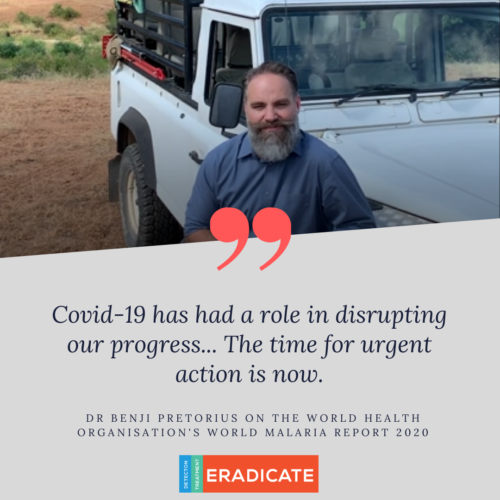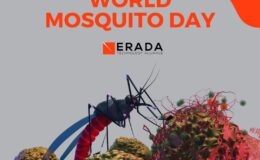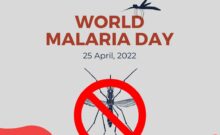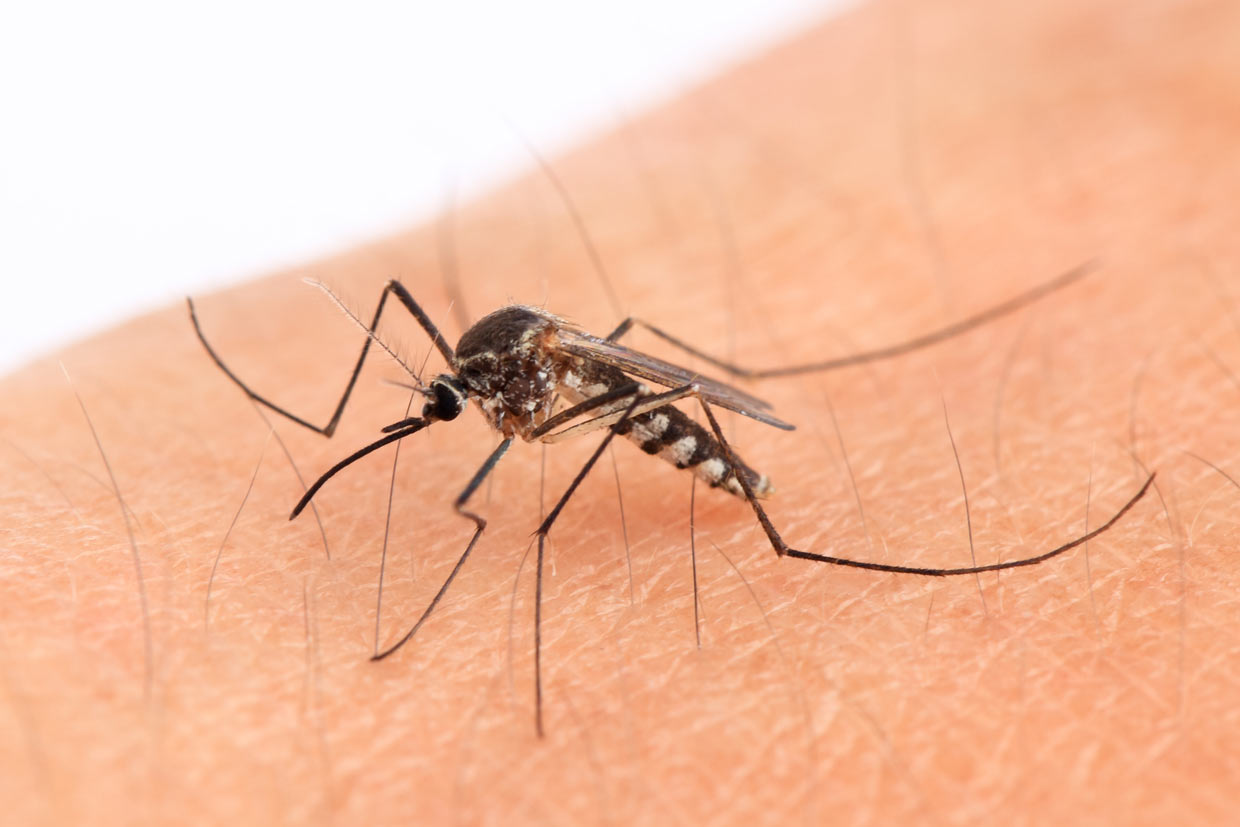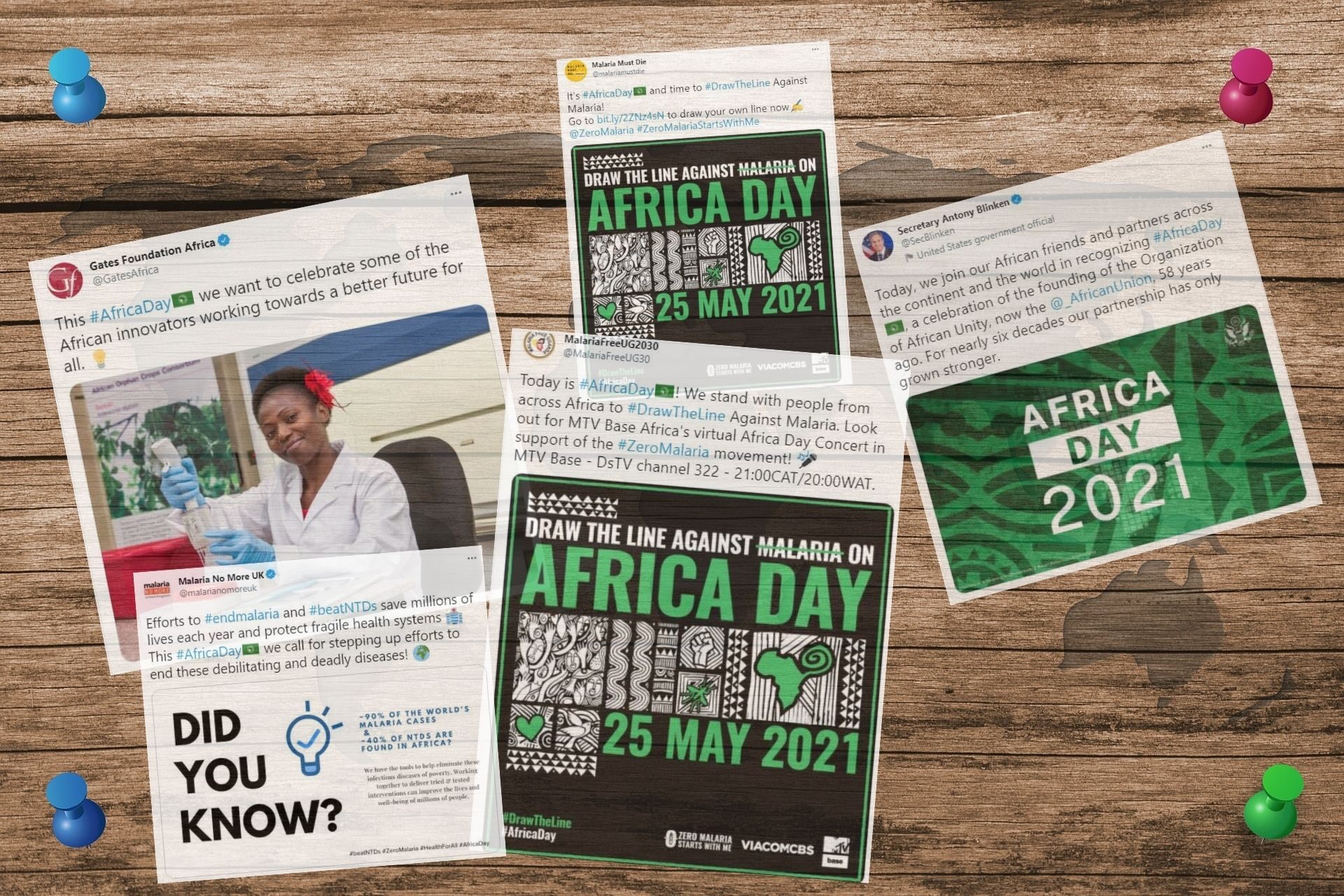The World Health Organisation’s (WHO) 2020 Malaria Report, published at the end of November, highlights the significant strides in the eradication of malaria during the past two decades.
For example, cases of malaria in the Western Pacific region have declined by 43% since 2000 and deaths caused by malaria have decreased by 45%. In 2019, the number of malaria cases globally was recorded as 229 million, down significantly from 238 million reported at the start of the millennium, translating into 7.6 million deaths averted in the past 20 years.
However, the Report also raises concerns that the current ambitions set in the Global Technical Strategy to achieve a 75% reduction in cases and mortality using 2015 levels as a baseline by 2025, and 90% by 2030, may not be met.
Though deaths have declined over recent years, 409 000 lives were lost to malaria in 2019, suggesting there is still progress to be made.
The case incidence of ‘at risk’ populations for 2020 has been reported as 56 per 1000 population, as opposed to the expected 35 cases per 1000 population, resulting in progress being off-track by 37%, despite the vast gains made in recent years.
Dr Pretorius, Erada founder, practicing doctor, and malaria survivor, commented: “There is no doubt that as a global community, we have come a long way in fighting malaria in the past 20 years. However, we need to keep on course to achieve our goals. Covid-19 has had a role in disrupting our progress and we need to continue collaborating so that we can get back on track again. The time for urgent action is now.”
The WHO World Malaria Report 2020 found that 2.7 billion RDTs were sold across the world in the period 2000–2019, with 80% being to sub-Saharan Africa which remains the region with the highest malaria burden. National malaria programmes also distributed 1.9 billion RDTs, with 84% in the same region.
Dr Pretorius added: “RDTs have proven to be essential assets in tracking the prevalence of malaria and identifying where to concentrate treatment efforts. Research into new technologies and distributing minimally invasive tests to the places most at risk is one of the ways we can get back on course for eradicating malaria and save millions of lives.”
The full WHO World Malaria Report 2020 is available at: https://www.who.int/malaria/publications/world_malaria_report/en/
Read about Erada’s saliva-based RDT here.


